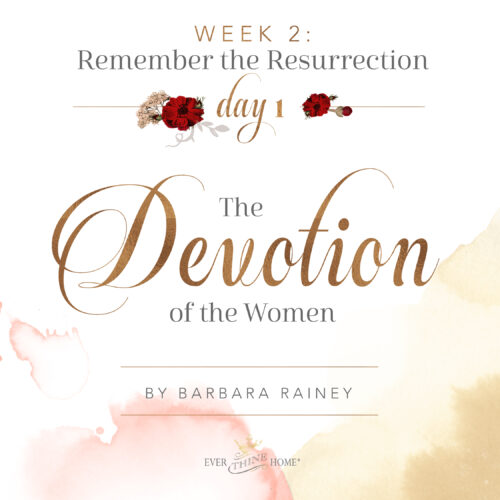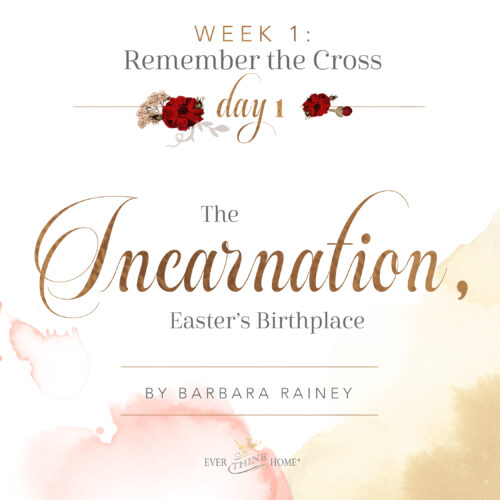
Allow me to tell you the story of a friend of mine, because her story’s stuck with me. I’ll call her Susan.
Susan has a couple of daughters. They’re grown now–but back in the day, she was ready to pull them out of their public school and opt for private: Their public school was performing among the lowest 20 percent in the United Kingdom. But it’s her take on this that struck me: “I realized most the kids from our church remaining there didn’t have a place to go or the means to get out. They were stuck there. And it didn’t seem like ‘being the church’ if I pulled out and left them to flounder.”
Susan gathered some people to pray. Then some from that group got on the school board, and Susan became the chairperson.
Together, they considered their school problem a community problem, and therefore a Church problem.
An unexpected, happy ending God tacked on? Susan’s daughter ended up with stellar test scores on all her British university entrance exams (6 A-stars, if you’re familiar with their system) … better, in fact, than some friends removed to private schools.
Allow me to clarify: The point of this post is not “you should put your kids in public school.” As a former homeschooling mom of eight years, know that I understand the heart behind all sorts of school decisions.
But I am saying this, an echo of another friend who’s both school board president and pastor’s wife: If our greatest strengths are some of our greatest weaknesses, our focus on our own families and what’s best for them can at times divert us from the Holy Spirit’s beating heart for our communities.
This month, we’re thinking about the Holy Spirit in our neighborhoods, about how to live “sent” directly from your house’s Google pin on the map. In fact, I imagine your house like a little beacon, blinking out in an urgent, life-giving radius. God states that as for your neighbors and your family, He “determined allotted periods and the boundaries of their dwelling place, that they should seek God, and perhaps feel their way toward him and find him” (Acts 17:26-27).
Forgive me for getting a little soap-boxy. Because yes, yes I believe in the power of our homes. But I also believe our goal isn’t to be cesspools, but funnels for the great stuff God’s pouring into our families. And of course not just on short-term missions trips, but in our own “Judea” right here. Or, as Romans 10 puts it, how are they to believe in him of whom they have never heard? And how are they to hear without someone preaching? And how are they to preach unless they are sent?
Our homes and churches carry potential not as bunkers, but aircraft carriers.
Keeping our distance?
In his book, Serving a Movement, Tim Keller articulates:
Celebrate deeds of mercy and justice. We live in a time when public esteem of the church is plummeting. For many outsiders and inquirers, the deeds of the church will be far more important than our words in gaining plausibility (Acts 4:32-33). Leaders in most places see “word-only” churches as net costs to their community, organizations of relatively little value. But effective churches will be so involved in deeds of mercy and justice that outsiders will say, “We cannot do without churches like this. This church is channeling so much value into our community that if it were to leave the neighborhood, we would have to raise taxes.”
My oldest has come home twice concerned about girls in his class that might be in dangerous home situations. I love that rather than just praying from a distance for them, he’s listening (I think) to the Holy Spirit. He’s getting his hands dirty in the work of lifting injustices in his school. There is no room for “those people over there” or “their problem” in our churches.
For what problem in your community might the Holy Spirit have placed you “for such a time as this?”
If it’s a community issue, it is an issue of the Church, right? We actively “seek the peace and prosperity of the city to which I have carried you into exile. Pray to the LORD for it, because if it prospers, you too will prosper” (Jeremiah 29:7). May God continue to awaken our hearts to the distress of those around us.
Lord, enable us to live so that others can truly say,
“They engaged in the crucial struggle[s] of our time.”
– Common Prayer: A Liturgy for Ordinary Radicals
So we’re ready for some practical ideas! In what ways might the Holy Spirit long to actively engage you in key struggles of our times?
P.S. Want more? Check out this timely message from Jill Briscoe, regarding the “mission field between our own two feet.”




